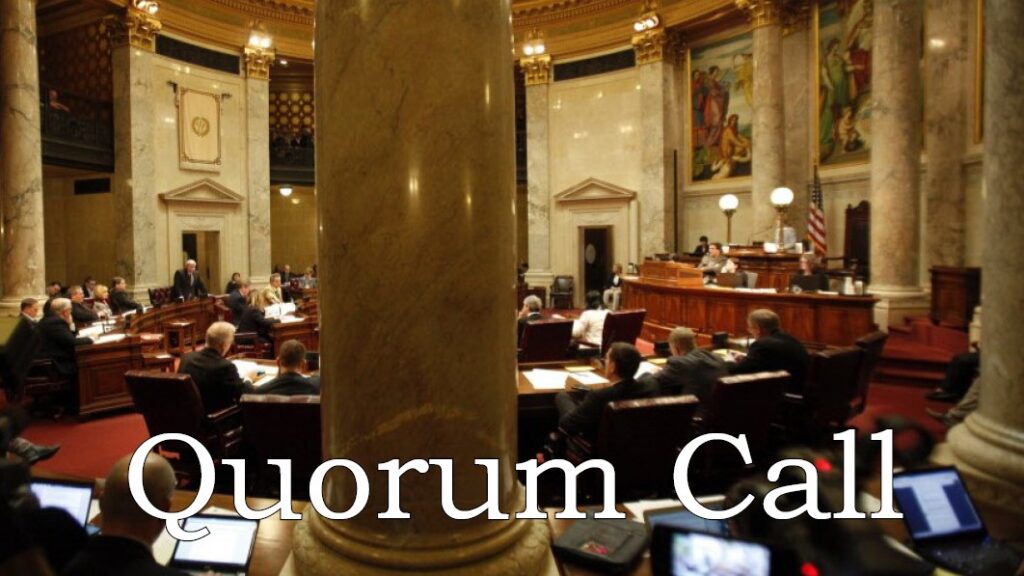Visit WisPolitics-State Affairs for premium content,
keyword notifications, bill tracking and more
Home » Quorum Call » Senate sends to Evers bill barring use of public funds for health care for those illegally in the U.S.

The Senate today signed off on legislation that would bar the use of public funds to cover the health care costs of those in the country illegally, a move some Dems denounced as immoral and cruel. The Senate approved the bill 21-12 with three Dems — Sarah Keyeski, of Lodi; Brad Pfaff, of Onalaska; and Jamie Wall, of Green Bay — joining all Republicans in the chamber in backing it. The bill, which ...